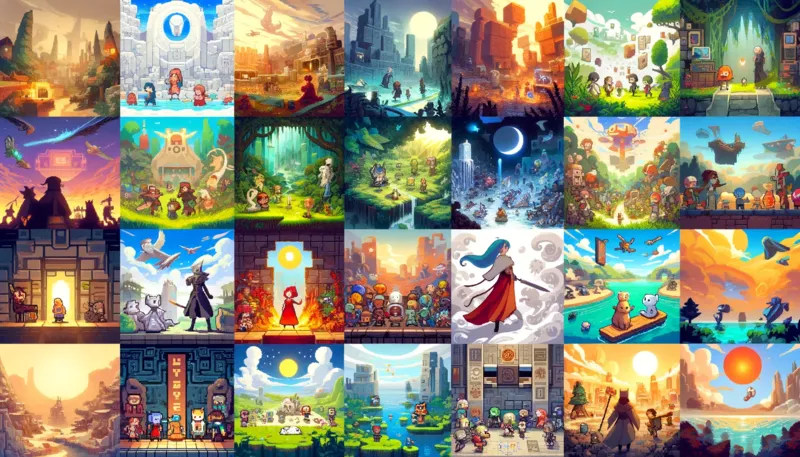Defold Engine: An Analysis for Game Developers

The Defold Engine, a game development tool created by Midasplayer Technology AB and affiliated with King.com Ltd., has been making waves in the game development community. Its free and open-source nature, combined with its capabilities for both 2D and 3D game development, makes it a noteworthy contender in the realm of game engines. In this article, we will delve into various aspects of the Defold Engine to provide a detailed analysis for game developers considering this tool for their projects.
Overview and Capabilities
Defold is a 2D game engine that also supports 3D game development, catering to a wide range of developers from individuals to small and medium-sized studios. It is versatile in its application, suitable for various professions and industries including game developers, designers, artists, and animators.
Development Environment and Supported Platforms
The engine supports development on Windows, Linux, and OSX, while allowing deployment to a plethora of platforms like iOS, Android, HTML5, and even the Nintendo Switch. This cross-platform capability is a significant plus, especially for developers targeting a wide audience.
Programming Language
Lua is the primary scripting language used in Defold, known for its ease of learning and simplicity. This feature is particularly beneficial for beginners or developers looking to streamline their coding process.
User Interface and Experience
Defold boasts a combination of visual editing and coding, offering the benefits of drag-and-drop functionality while not limiting developers to just visual editing. Its visual editor simplifies the game design process, although some users have found the UI to be somewhat unintuitive, particularly in editing input fields.
Performance and Exporting
Performance is a strong point for Defold, with its ability to deliver fast results and maintain high performance on low-end devices. Additionally, the engine provides easy and rapid export options for various platforms, enhancing its appeal for developers who value efficiency.
Community Support and Resources
The engine is backed by an active and friendly community, offering substantial support through forums and discussions. This aspect is crucial for problem-solving and knowledge-sharing among developers.
Open Source and Collaboration
Defold’s source code is available online, allowing developers to modify and tailor the engine to their specific needs. Furthermore, the platform supports collaborative efforts, enabling developers to work together seamlessly on projects.
Unique Features
Some of Defold’s standout features include:
- Hot reload capability, allowing real-time script changes during gameplay, which is particularly useful for tweaking gameplay parameters and debugging.
- A comprehensive set of 2D components like sprites, GUI nodes, and particles, alongside support for Spine models and efficient 2D level design with a user-friendly tile map editor.
- For 3D development, it offers flexible components for creating and manipulating 3D models and geometry.
- The scene editor in Defold is artist-friendly, making it easier for artists to contribute to the game creation process.
- The engine integrates realistic physics simulations using Box 2D and Bullet for both 2D and 3D games.
Cost and Accessibility
Defold is completely free of charge, a significant advantage for indie developers or those with limited budgets. This aspect, coupled with its royalty-free status, makes it an attractive option for a wide range of developers.
Limitations and Areas for Improvement
Despite its many strengths, Defold has some limitations. The user interface can be less intuitive than expected, particularly for newcomers. Additionally, there is a need for more hands-on projects and detailed tutorials to help new users fully grasp the engine's capabilities.
Conclusion
In conclusion, the Defold Engine offers a robust and versatile platform for game development. Its ease of use, combined with powerful features and a supportive community, makes it an attractive option for both new and experienced game developers. While there are areas for improvement, particularly in user interface and resource availability, its strengths in performance, flexibility, and cost-effectiveness make it a noteworthy option in the game development landscape.
